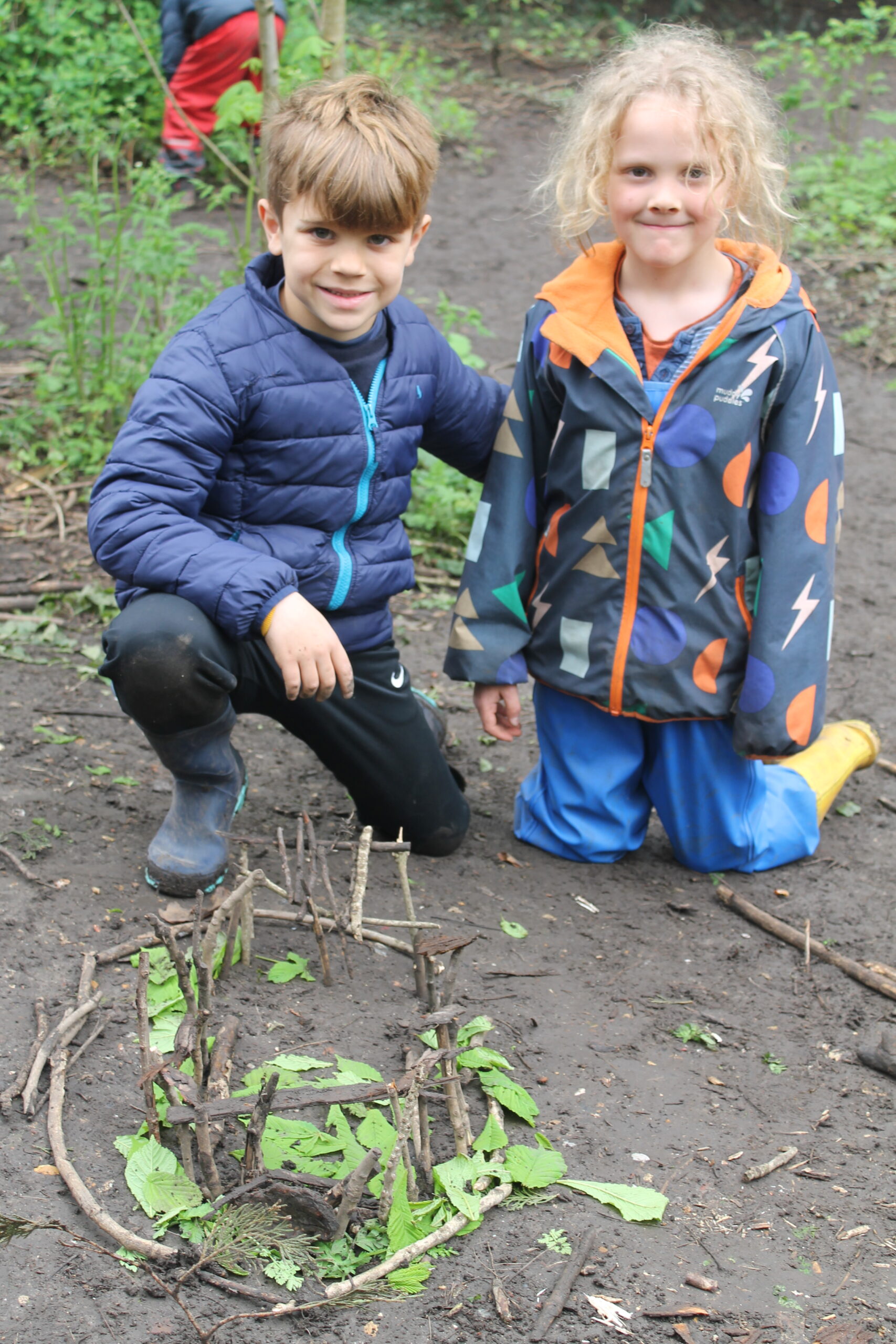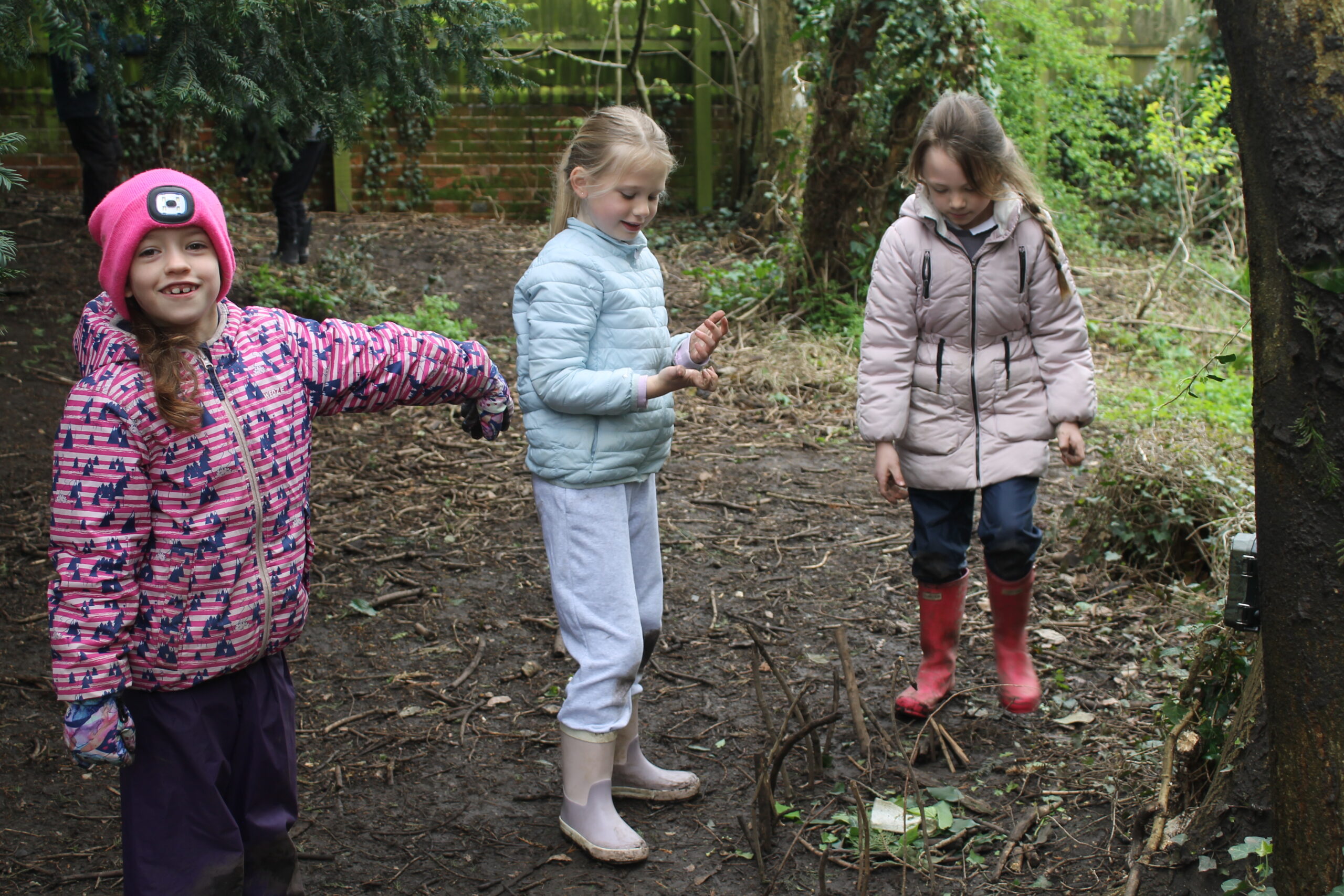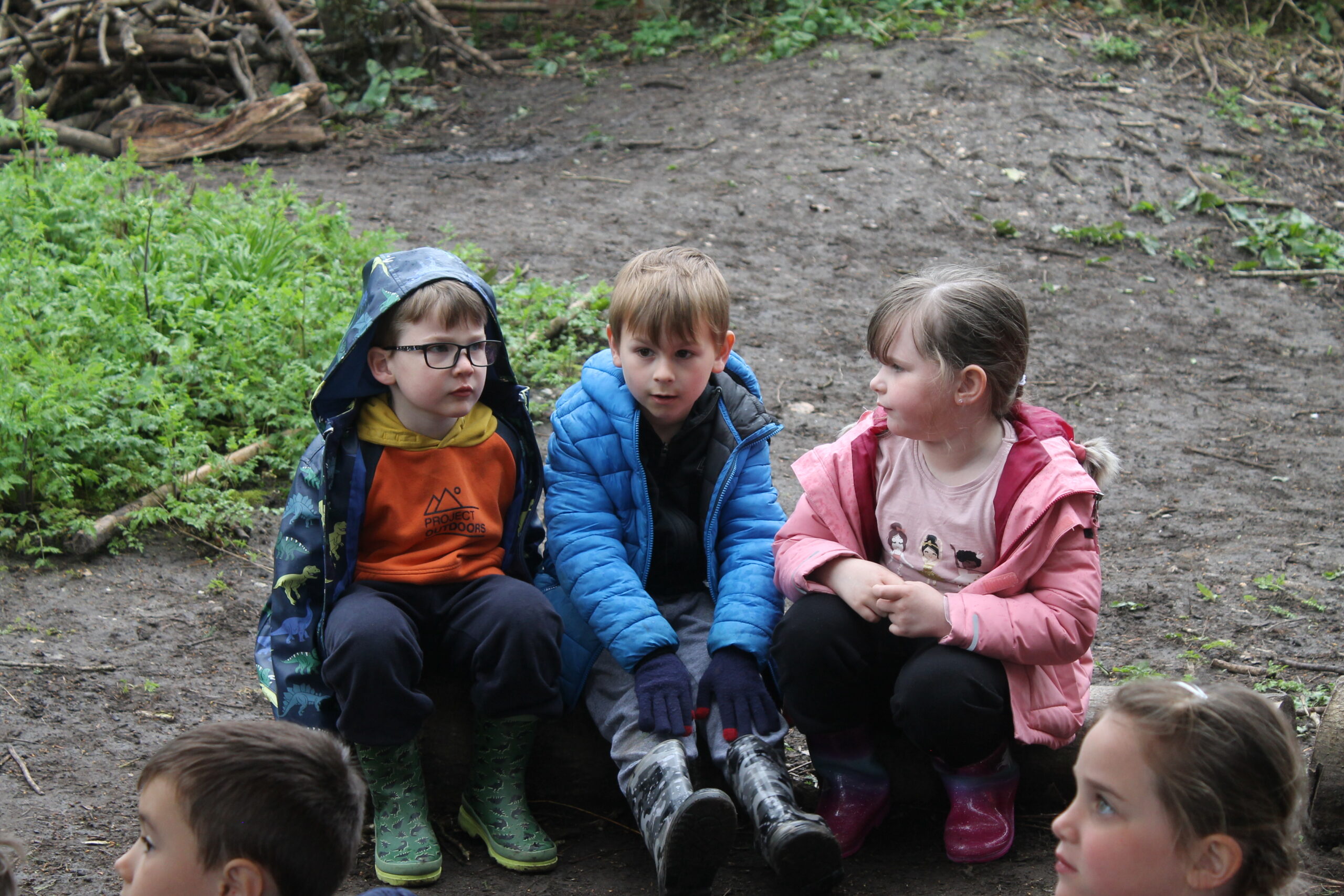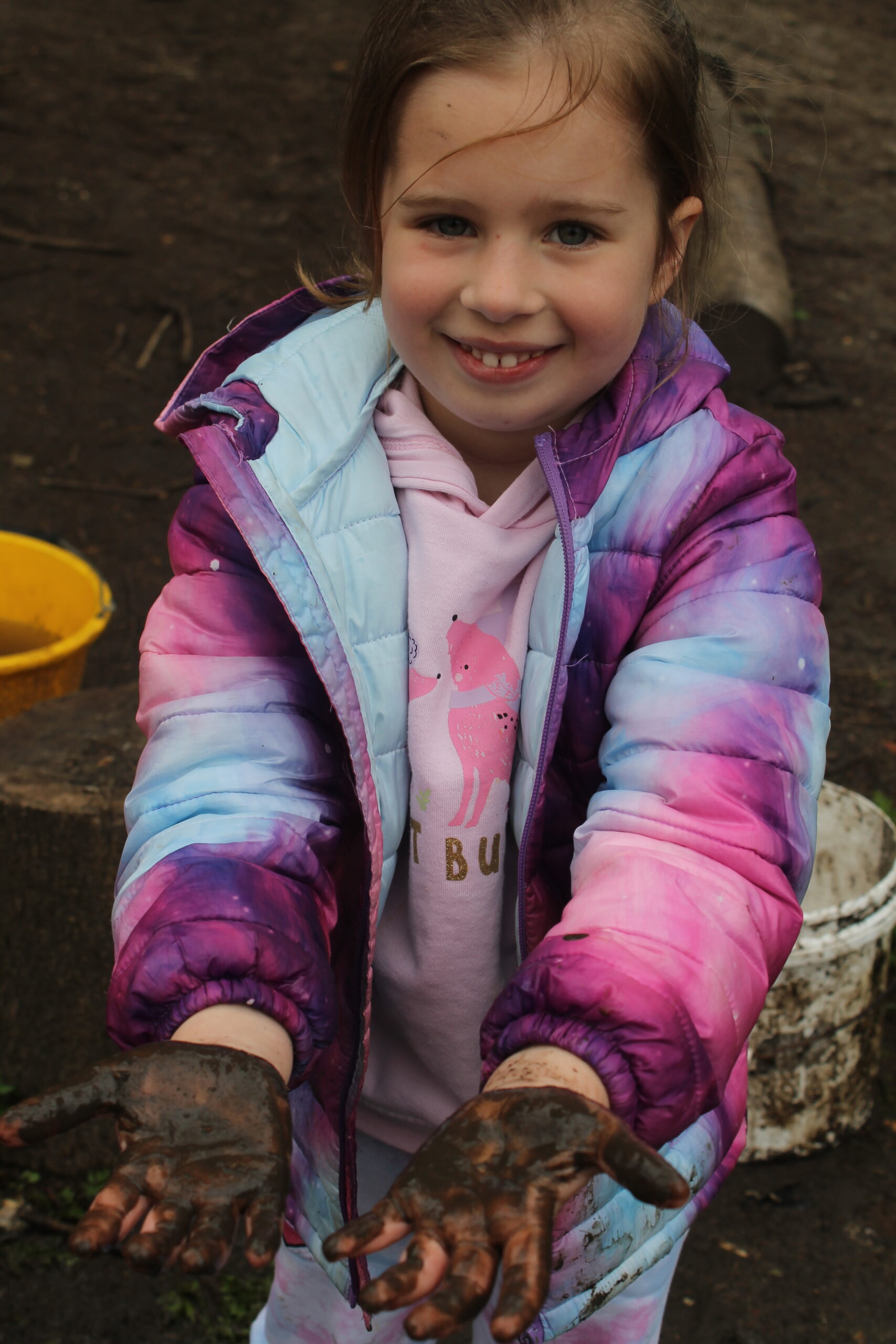Forest School
Intent, Implementation, Impact
Forest School sessions aim to enhance a child’s mental and physical wellbeing. Throughout the school year every child will take their learning outside into our woodland area, building on skills learned in the classroom and being introduced to new ones designed to encourage independent thinking and build confidence in their own abilities.
Principles of Forest School – taken from www.forestschoolassociation.org
Principle 1 – Forest School is a long-term process of frequent and regular sessions in a woodland or natural environment, rather than a one-off visit. Planning, adaptation, observations and reviewing are integral elements of Forest School.
Principle 2 – Forest School takes place in a woodland or natural wooded environment to support the development of a relationship between the learner and the natural world.
Principle 3 – Forest School aims to promote the holistic development of all those involved, fostering resilient, confident, independent and creative learners.
Principle 4 – Forest School offers learners the opportunity to take supported risks appropriate to the environment and to themselves.
Principle 5 – Forest School is run by qualified Forest School practitioners who continuously maintain and develop their professional practice.
Principle 6 – Forest School uses a range of learner-centred processes to create a community for development and learning.
What do our pupils think?
To me, what makes Andrews’ is Forest School because it is great to be learning outside. During these sessions, we find and use nature, build dens in our secret garden (wooded area) and use fire for a number of applications. It’s great to learn with others in the class that we would not normally decide to learn with. It is also great for us to take learning into our own hands a little more.
Andrews’ Pupil










